Gašper Tkačik
Professor, PhD in Physics (Princeton University)
I joined IST Austria in 2011. Previously I was a postdoc with Vijay Balasubramanian and Phil Nelson at University of Pennsylvania, working on the theory of neural coding and specifically exploring population coding and adaptation in the retina. I finished my PhD at Princeton with Bill Bialek and Curt Callan in 2007, studying how biological networks can reliably transmit and process information in the presence of intrinsic noise and corrupted signals. I am broadly interested in uncovering general principles that underlie efficient biological computation.
[ CV pdf ] |
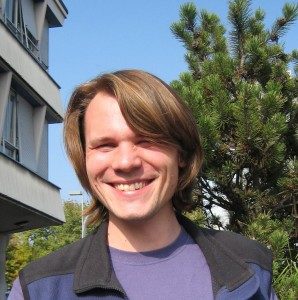 |
Reka Körei
Graduate Student
I started at IST Austria in 2019 as a graduate student. A few months later I joined Gasper’s group aiming for a deeper understanding of regulatory networks.
We represent interacting genes inside of a cell often as a regulatory network. In this network, each node corresponds to a specific gene and two genes are connected with a directed link if one regulates the other (regulation happens when at least one gene is a transcription factor). These interactions between genes lead to complex behavior, which enables the cell to adapt to its environment and to function properly. I am interested in how evolution drives the system towards the emergence of a particular behavior. To gain a better knowledge I use a biophysical model, which operates in the discrete space of regulatory sequences, but is still simple enough to be understandable. |
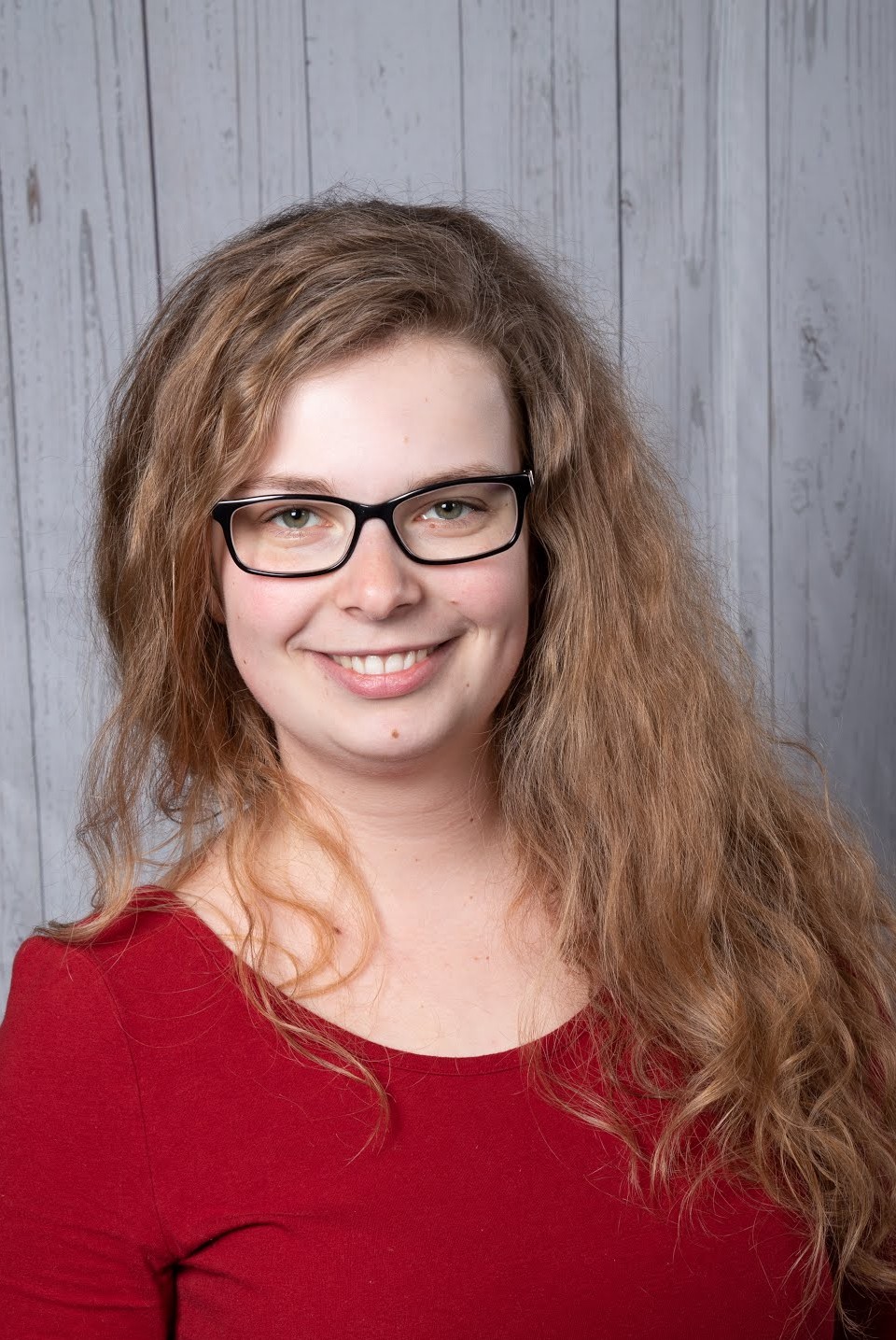 |
Bahti Zakirov
Graduate Student
I joined IST Austria as a PhD Student in 2021. Before joining, I was a research assistant at the Francis Crick Institute and at the City University of New York, where I completed my B.S. in Physics. My goal is to understand, predict, and control complex biological systems. I think this is best accomplished by leveraging one of the main differences between living and nonliving matter- purposeful computation. Hence I am excited about using the tools of machine learning and information theory to elucidate computational principles embodied in biological systems. Conversely, I am also interested in milking insights about how biology computes to advance scientific machine learning. Outside of science, you may encounter me weightlifting, practicing Acroyoga, juggling in the park, or pursuing my dream to drink wine at every Heuriger. |
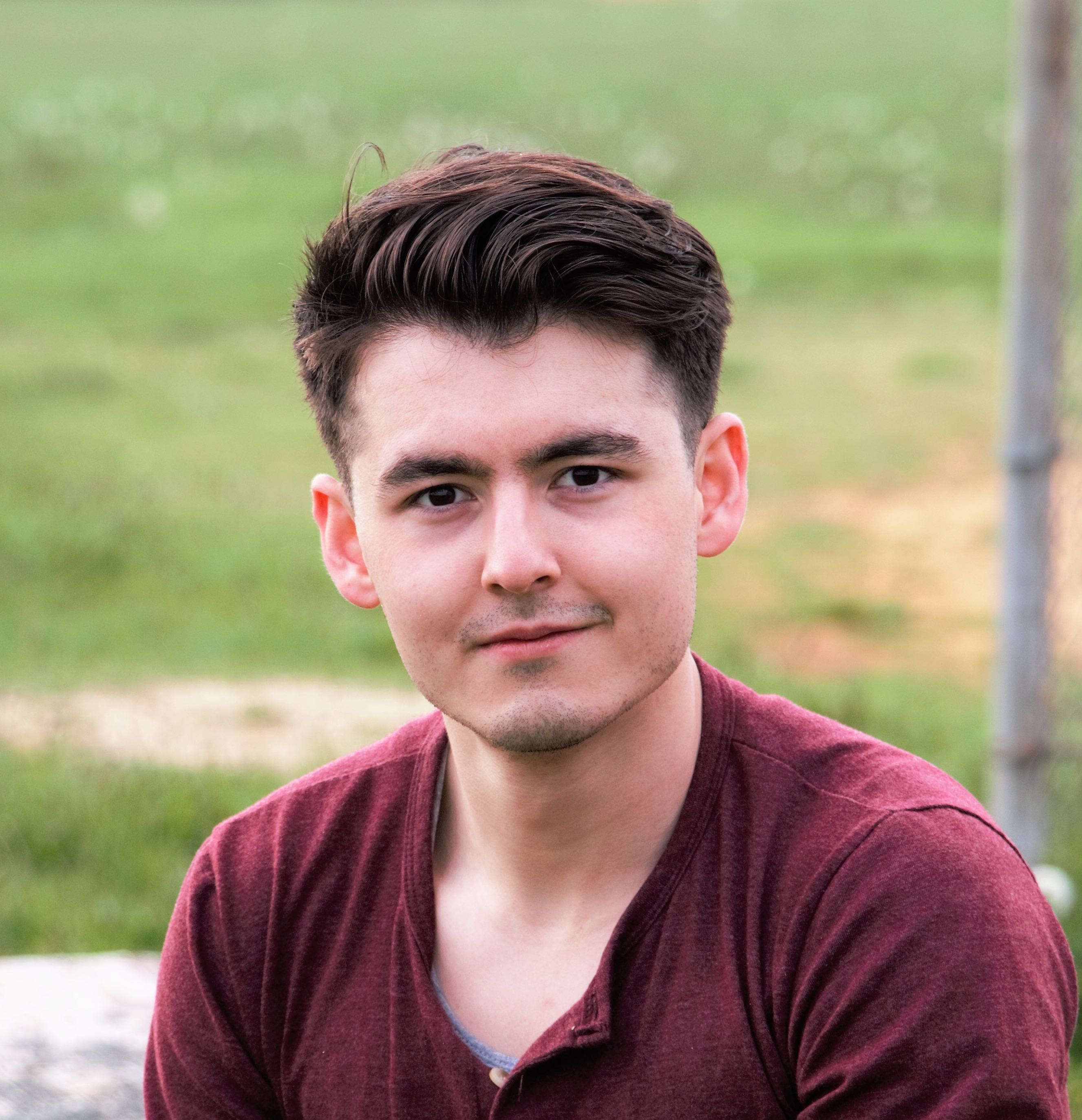
|
Camila Bräutigam
Graduate Student, co-advised by Nick Barton
Before joining ISTA Graduate School in 2021, I was studying physics at the University of Leipzig in Germany. While I still do care about pure physics (do we exist in 25 or 26 spacetime dimensions?), truth be told, I started drifting towards evolutionary biology during my master’s thesis, studying stochastic processes in population genetics at the MPI for Maths in the Sciences in Leipzig. Following on from that, I wanted to become part of a more interdisciplinary and diverse research community, which eventually made me join ISTA.
For my PhD project, I am trying to understand the effects of the genetic architecture on the efficiency of adaptation. On a small length scale, this includes the information encoding of regulatory sequences (regulatory logic), while on a larger scale, one might want to consider the polygenic architecture of complex traits.
|
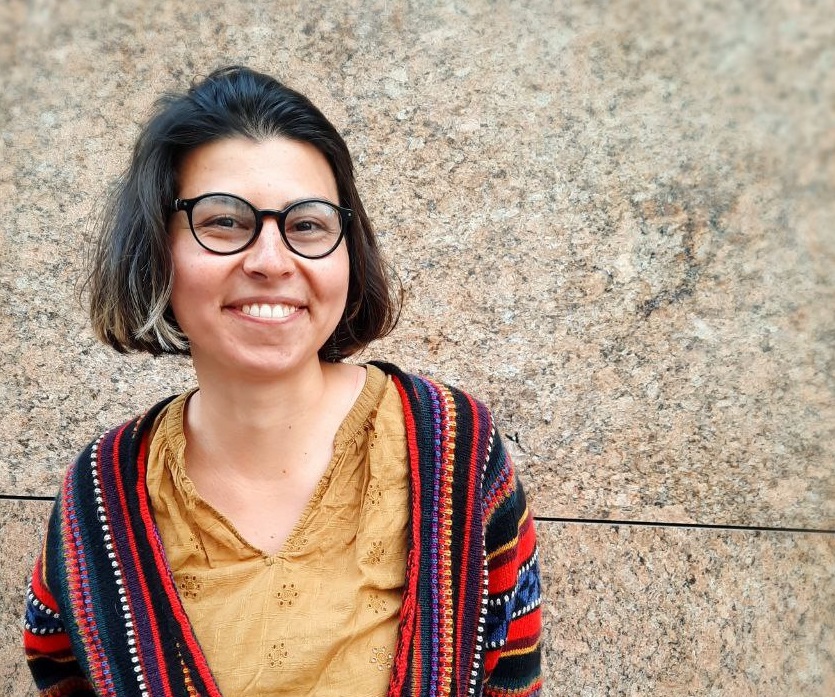
|
Athina Diakogianni
Graduate Student, co-advised by Calin Guet
I began my PhD in 2021 at ISTA, where I co-affiliated with the Tkačik and Guet groups. While my background is in biology, I am interested in exploring how physical and mathematical principles can explain and predict biological behavior, particularly in the context of gene regulatory networks. Currently, I am researching how transposable Insertion Sequences (IS) persist within bacterial populations, from an evolutionary viewpoint. I am questioning whether IS contribute to the evolvability of a genome and I am doing this by coupling basic models with simple experiments in the lab. |
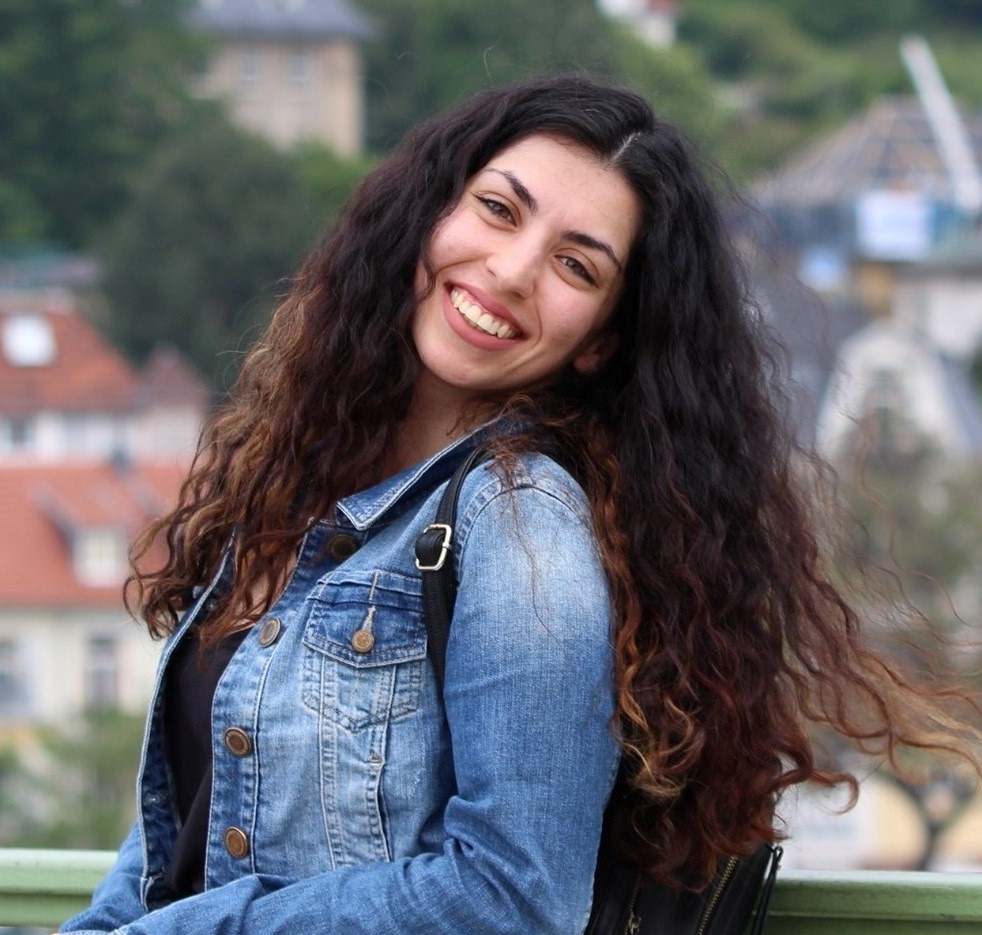 |
Puzhen Xia
Graduate Student, co-advised by Calin Guet
PhD student at ISTA since 2022. I am interested in bioengineering, particularly in the difference between well-understood digital computations and information processing in cells. Biosystems, unlike the digital ones, are deeply-coupled machines with “broken switches” (leaky gene expression), cross-wired circuits (non-specific signaling), ubiquitous noise (stochasticity), and signal delays (asynchronous molecule arrival). However, these crappy machines from a conventional engineering perspective are sustainable, functional, and efficient in reality. My work is currently focusing on the unreached equilibrium during state transitions of gene regulation. I am exploring how these dynamics qualitatively alter the output of genetic networks, leading to behaviors that deviate from their originally designed logic. |
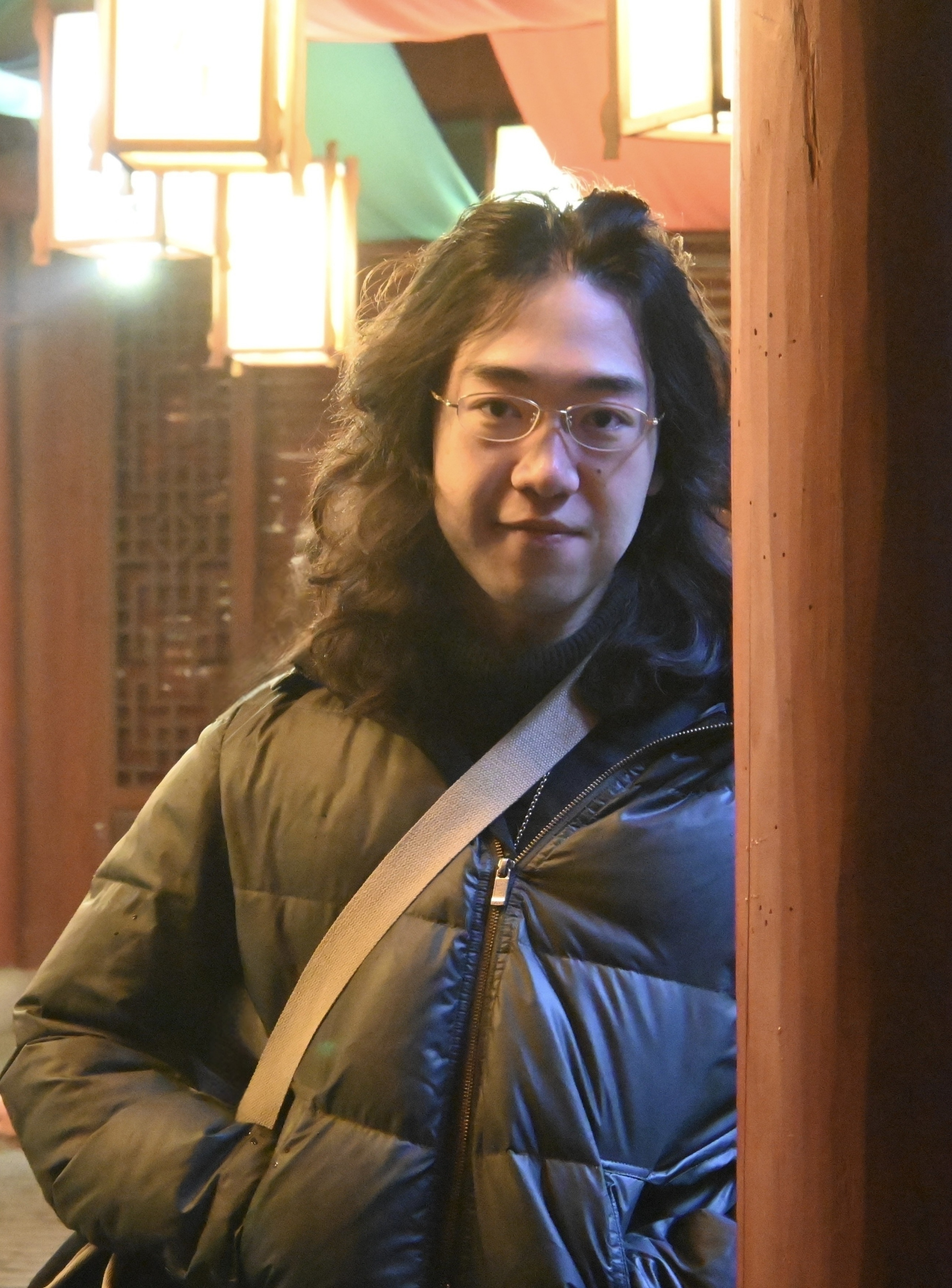 |
Tetiana Rabiichuk
Graduate Student
I joined the IST Austria as a PhD student in 2022. I am interested in understanding the theoretical principles that allow neural systems to create representations of the world that are useful across a wide range of tasks and enable flexible responses in a dynamic environment. Our group focuses on multiple biological systems, in the process uncovering shared optimality principles. This led me to expand my focus beyond neural systems, and currently, I am also trying to understand how pancreatic islets of Langerhans optimally maintain blood glucose homeostasis. The unifying theme of my projects is understanding how biological systems achieve optimal performance despite relying on “imperfect” (noisy, delayed, stochastic) components. |
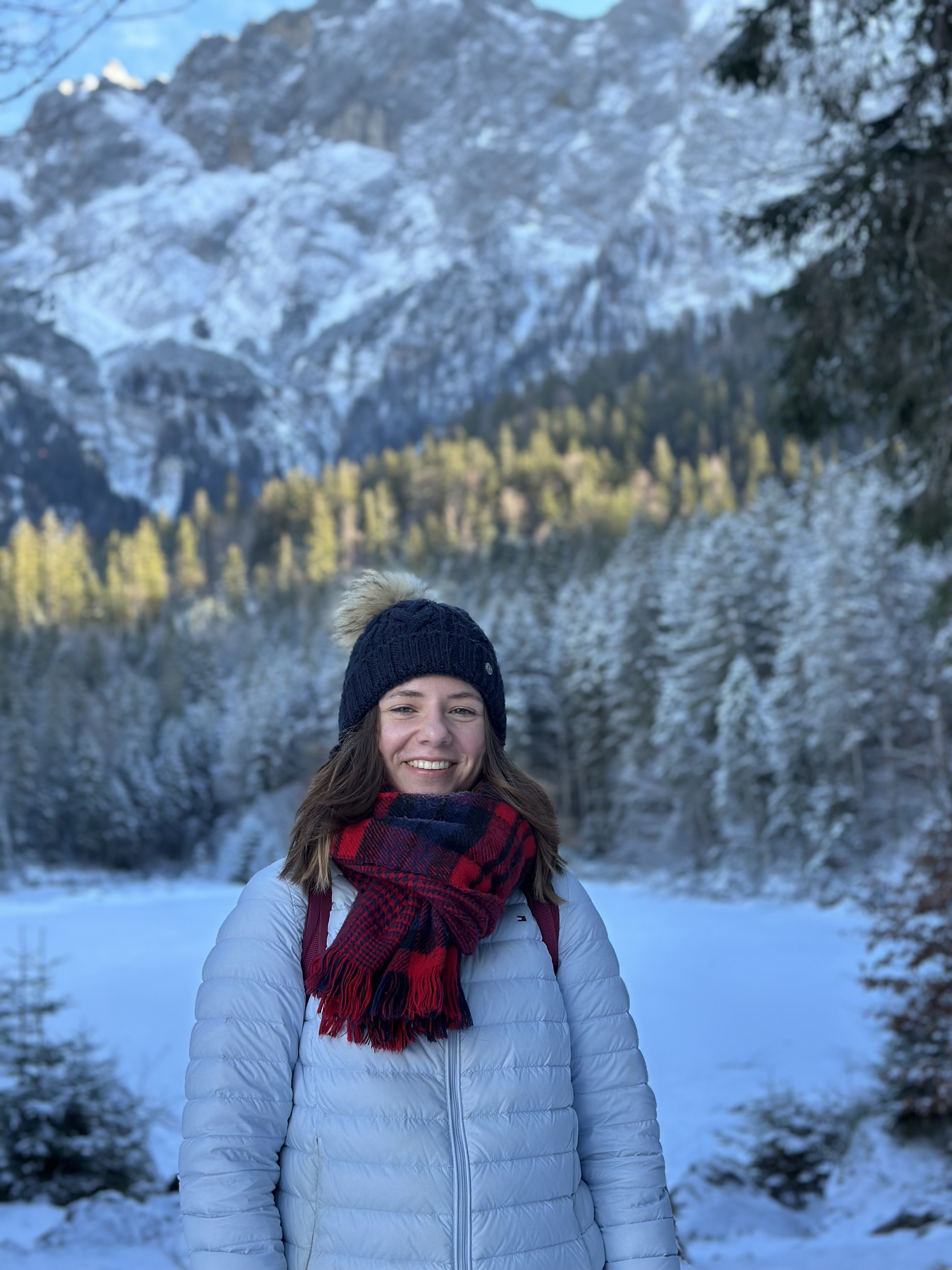 |
Julian Renaud
Graduate Student
I joined ISTA in 2022 as a PhD student, after a master in Physics in Paris (ENS) which stirred my interest for complex systems. Composed of many elements interacting together, these systems range from social networks to the Earth’s climate and also include multicellular organisms, the focus of our group.
I am currently using information theory to understand what helps embryonic cells to collectively arrange into a viable animal. Positional information proved to be a fruitful concept to explain how cells can decide their fate based on their positions, provided they are static. In most cases, however, they are not! I strive to bridge this gap by working in close collaboration with biologists who track the details of cell motion and cell fate in developing embryos. Alongside my scientific activities, I can be found running, climbing, or singing. Which I prefer to do in choirs, because more feels different.
|
Tereza Zuskinova
Graduate Student
I joined the Tkačik group in 2023 as an intern and became a PhD student in 2024. With a background in physics, I am interested in connecting quantitative approaches with complex biological systems. I originally came to ISTA driven by curiosity about computational neuroscience and how to decode brain function, but this journey has led me to a different and fascinating system: the pancreatic islets of Langerhans. Working closely with experimentalists, I aim to build realistic, data-driven quantitative frameworks to better understand this system and, ultimately, diabetes. I enjoy drawing inspiration from diverse biological systems in order to uncover general, explainable, and guiding principles in biology.
|  |
Alexis Benichou
Postdoc, PhD (Pasteur Institute), Paris
I joined the group in January 2025. In 2024, I graduated from the Paris Pasteur Institute in Physics with a thesis on the statistical inference of structural patterns (motifs) in biological neural networks. Today, my research is part of the DynaTrans ERC-Synergy grant, where, in close collaboration with the Gregor lab at the Paris Pasteur Institute and with the Duboule lab at the College de France, we are deciphering how mammalian embryos transform from a symmetric blob into a complex substance composed of several specialized tissues. The main question I intend to help answer is: “What is––and how to infer––the physical processes governing chromatin dynamics that mechanistically favor a precise genetic control of mammalian development?” Along with other members of the group, I am also interested in the so-called positional information of stem cells, specifically its spatially continuous description. |
 |
Krishnan Iyer
IST Fellow, PhD (TIFR-NCBS, Bangalore), co-advised with Edouard Hannezo
My broader research interests are in the areas of Physics of Living Systems, Quantitative Biology, Cell Biology and Developmental Biology. More specifically, I am interested in studying the role of local cell-autonomous control mechanisms and information processing in spatial and temporal contexts of biological function. These can be global tissue-level tasks such as morphogenesis, collective behaviour and pattern formation, and local tasks such as cellular signalling, decision-making, cell fate choice and adaptive cellular response. My work involves close collaborations with experimentalists. Currently, my focus is on glucose homeostasis, and information processing in cell signalling pathways and scale-invariant developmental patterning. |
 |
Alex Chen Yi Zhang
ISTA Fellow, PhD (SISSA, Trieste)
I joined the group in January 2025 as an ISTA postdoctoral fellow. After studying physics of complex systems in Torino, Trieste and Paris, I did my PhD with Guido Sanguinetti and Angelo Rosa at SISSA in Trieste, studying the spatial organization of chromatin and its relationship with nuclear biochemistry. Here at ISTA I am shifting my focus to structures larger than the nucleus, by working on problems of developmental biology. I am broadly interested in understanding the underlying principles that dictate the functioning of biological mechanisms, and to do so I find it useful to view the embryo as an information processing machine. My current project focuses on the positional inference of cells in an embryo where cell-cell communication can enable the usage of non-local information. |
 |
Gabor Lengyel
Postdoc, PhD
I joined the group in March 2025 to investigate how brains—from insects to humans—perform context-dependent inference. My background is rooted in human sensory learning and Bayesian modeling. I now apply these insights to investigate object-tracking tasks across mice, flies, and humans, aiming to reveal the fundamental neural mechanisms that allow diverse organisms to learn and navigate their environments. |
 |
Natália Ružičková
Postdoc
I joined the group in 2020 after starting as a PhD student at IST in 2019. I am broadly interested in the function of regulatory networks in biology, at various scales. On the intracellular level, I ask how we can incorporate experimental findings about gene regulatory networks into genotype-phenotype predictive models, aiming towards a biophysically interpretable form of genome-wide association studies (GWAS). On the intercellular level, I am trying to understand how cells in the pancreatic islets of Langerhans interact to collectively ensure precise measurement of blood glucose and subsequent release of insulin. As a physicist by training, I use a combination of modelling and inference from data. |
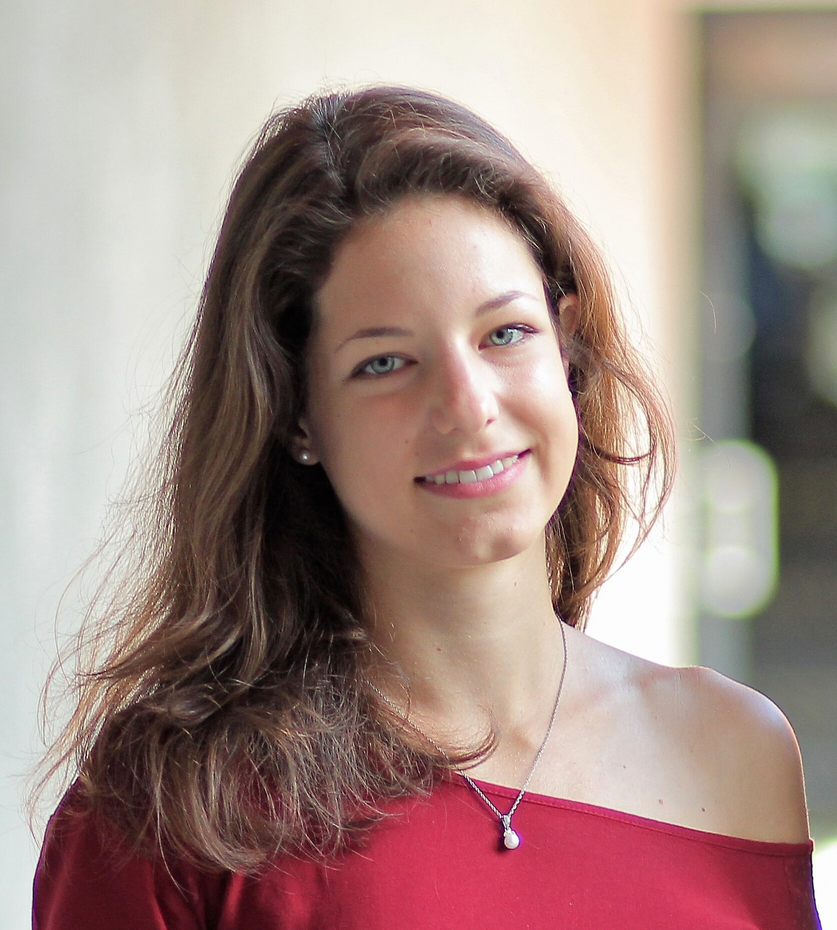 |
Elia Mascolo
Apart-USA Fellow
As an “Apart-USA” fellow (ÖAW-ISTA), I study the evolution of information in DNA sequences that code for gene regulation. In particular, my main project investigates how natural selection shapes an organism’s repertoire of transcription factor binding motifs, producing “regulatory codes” that appear to have both high evolvability and high robustness. Before joining the team, I obtained my PhD in theoretical and computational biology with Ivan Erill at UMBC (Baltimore, US). Prior to that, I studied biology at the University of Milan, where I did my Master’s thesis research with Matteo Brilli. In addition, I have a strong interest in science teaching and science communication. I am also a math enthusiast and an amateur jazz piano player.
|
 |
Former group members
Students
Sarah Anhala Cepeda-Humerez, (defended Feb 27, 2019), 2021 starting as data scientist at United Nations
Rok Grah, cosupervised with Calin Guet (defended June 8, 2020), 2020 starting as Research Associate at Stockholm Environment Institute (SEI), now at European Centre for Disease Prevention and Control (ECDC), Stockholm
Michal Hledík, cosupervised with Nick Barton (defended Nov 27, 2023), Best Thesis Award
Jan Humplik, 2019/2020 starting at DeepMind, London
Bor Kavčič, (defended September 9, 2020), 2022 starting as Postdoc at Biozentrum Basel
Roshan Prizak, cosupervised with Nick Barton (defended Jan 14, 2019), since 2019 postdoc with Lennart Hilbert at KIT Karlsruhe
Simon Rella, cosupervised with Fyodor Kondrashov (defended Sept 19, 2025)
Georg Rieckh, (defended June 28, 2016); 2016 starting as postdoc with Sergey Kryazhimskiy at UC San Diego, now at Accenture Vienna
Murat Tugrul, cosupervised with Nick Barton (defended June 27, 2016); 2016 starting as postdoc at St. Anna Kinderspital, Vienna
Postdocs
Anna M Andersson, 2019 starting as a data scientist at Equiniti
Katarína Boďová, cosupervised with Nick Barton; 2017 starting as Assistant Professor at the Faculty of Mathematics, Physics and Informatics, Comenius University, Bratislava
Vicent Botella-Soler, 2016 starting as freelance data analysis consultant, now at ForwardKeys
David Brückner, Nomis Fellow, cosupervised with Edouard Hannezo, 2025 starting as Assistant Professor at Biozentrum Basel
Remy Chait, IST Fellow, cosupervised with Calin Guet, 2019 starting as Lecturer in the biosciences department, University of Exeter
Matthew Chalk, 2018 starting as INSERM Researcher at Institute of Vision, Paris
Daniele De Martino, 2019 starting as Postdoc at Jozsef Stefan Institute, Ljubljana; Winter 2019 starting as Assistant Professor at Basque Center for Biophysics
Tamar Friedlander, IST Fellow, 2017 starting as Assistant Professor at Hebrew University of Jerusalem
Mantas Gabrielaitis, IST Fellow, 2022 starting as senior researcher at BPTI Vilnius
Aditya Gilra, IST Fellow, 2020 starting as Lecturer at Department of Computer Science, University of Sheffield
Anna Levina, IST Fellow, 2017 starting as Group Leader at University of Tübingen, recipient of Sofja Kovalevskaja Award (2017)
Fabrizio Lombardi, IST & Lise Meitner fellow, 2023 starting as a researcher at University of Padua
Georg Martius, IST Fellow, 2017 starting as Max Planck Group Leader at MPI for Biological Cybernetics
Gabriel Mitchell
Wiktor Młynarski, IST Fellow (2018-2022), 2023 starting as Assistant Professor at Ludwig Maximilian University of Munich.
Jakob Ruess, IST Fellow, 2016 starting as INRIA Palaiseau researcher at Institut Pasteur
Cristina Savin, IST Fellow, 2017 starting as Assistant Professor at NYU in Neuroscience and Data Science
Thomas R Sokolowski, 2020 starting as Group Leader at Frankfurt Institute for Advanced Studies













